We operate our banking services in many countries around the world.
We are Corporate Junction, a platform by Shiv Law House, and we want to help entrepreneurs protect their intellectual property. We help you turn your idea into an identity. We value creativity and innovation, and we strive to offer you the best guidance possible. In short, Corporate Junction is a platform that helps you make smart choices when it comes to your intellectual property. That's our passion. That's what we do.
We have a team of experienced associates who are ready to answer any questions you may have, and we will guide you to make an informed decision. All you need to do is book a free awareness session with us.
Yes, you read that right. The consultation is absolutely free. And this is not a consultation call, but we like to call this as an awareness session.
This is because our mission is to spread awareness about intellectual property among business owners. We believe this information should be accessible to everyone without any cost, especially when it relates to your business rights and ownership. And we will do whatever it takes to make that happen.
When you book a call with CJ, you get access to the best advisors and consultants in town.
You won’t be talking to pushy salesmen. You’ll only be engaging with exceptional advisors.
Good advice takes time. And you will have our undivided attention for at least 15 mins.
We won’t call you when you least expect it. Our hotline comes with a spam-free guarantee.
Our consultations are free and we won’t harass you to mandatorily take our services.





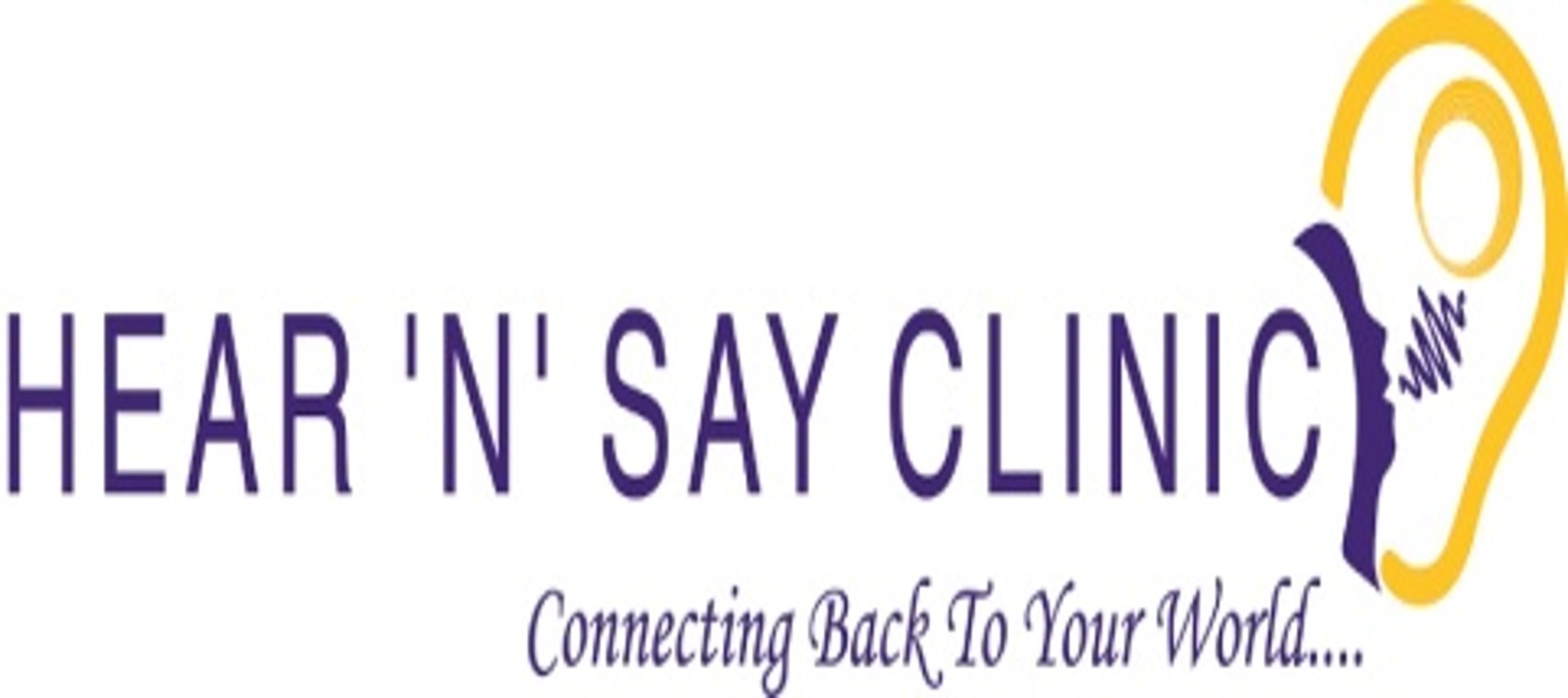

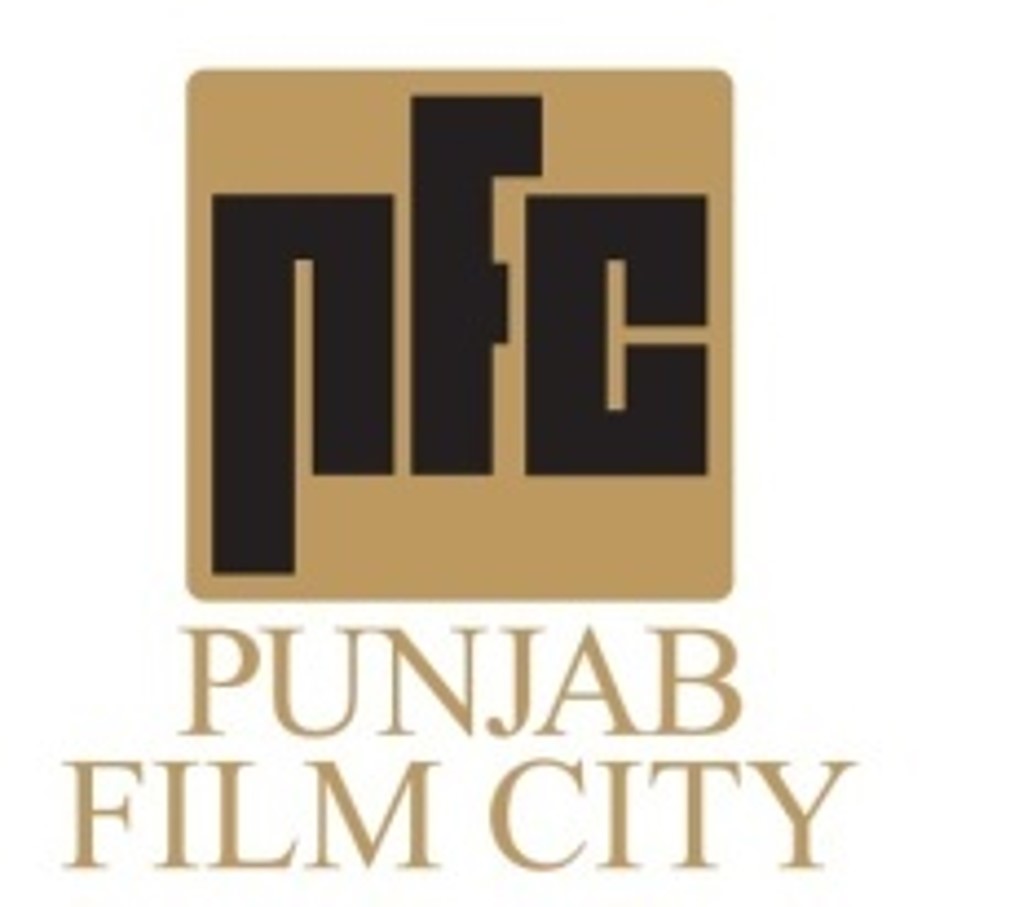
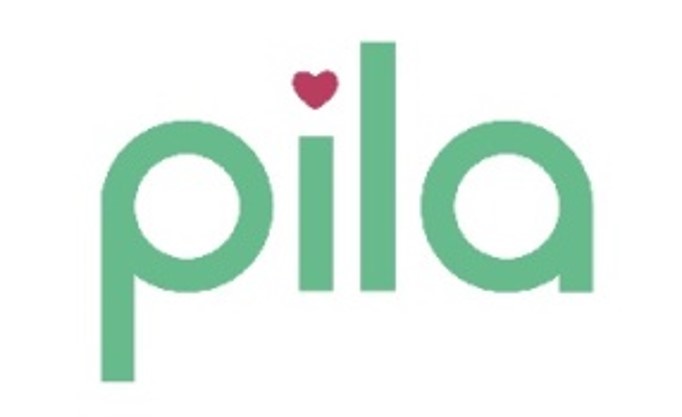
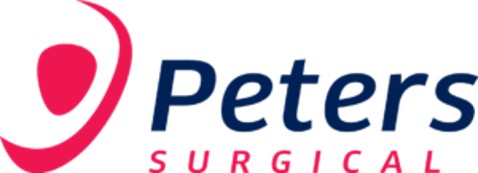
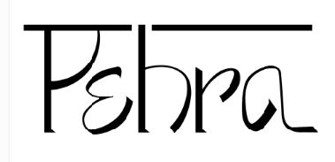

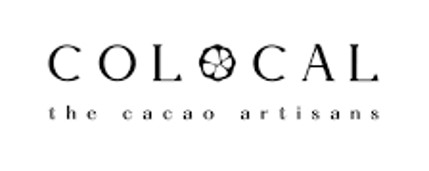
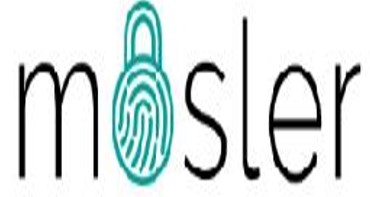
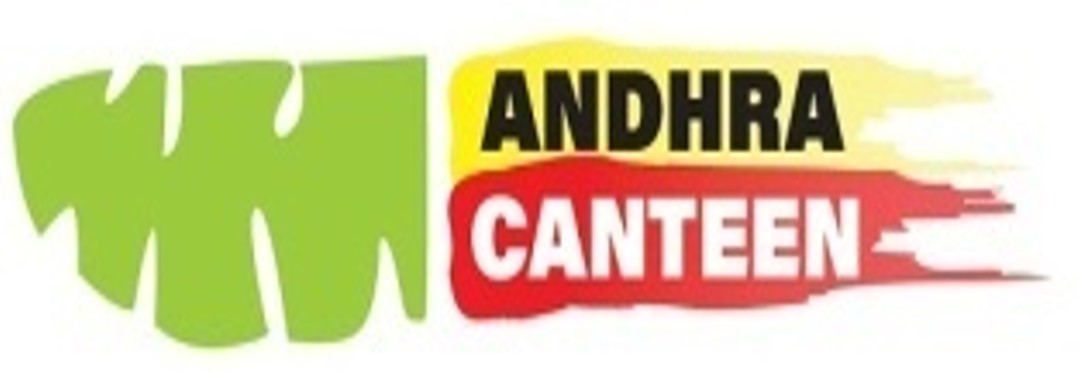
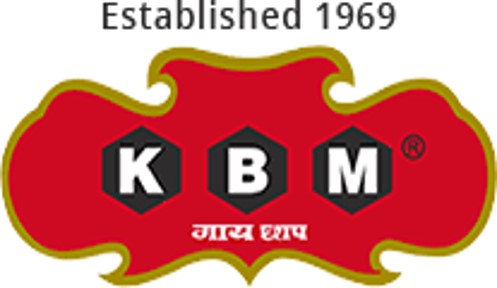
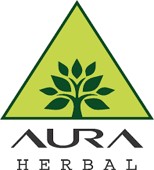
This Platform is an initiative by Shiv Law House and is intended to spread awareness amongst entrepreneurs regarding their intellectual property. We act as a bridge between an idea and an identity.
We believe in the creativity of work and exploring new ideas to contribute to your ecosystem with nothing but the best. We are committed to not only taking care of your and your brand's legal needs but also committed to ensuring that your brand reaches greater heights.
In short, Corporate Junction is an initiative which helps you make better decisions when securing your intellectual property. That's it. That's all we do.
We have a host of well-trained advisors who will walk you through any queries you may have, and we'll even help you make an informed decision. All you have to do is book a call.
Yes, it’s free.
Our mission is to spread awareness regarding intellectual property among business owners. We truly believe this information should be made accessible to people free of cost especially when it's linked to your business rights and ownership. And we will go to extreme lengths to make that dream a reality.
Yes.
You can go to the trademark section on our web page and enter the relevant details and just sit back and relax! We will do the rest.
Just schedule a free call, silly
To further our commitment towards entrepreneurs, we are pleased to introduce a networking pad, our very own dashboard, which would enable our users to announce and tell their business stories through us. Networking is to announce and tell others that you exist. It is a valuable way to expand your reach, presence, and knowledge, and learn from the success of others and their stories. We hope that with each story and each business we feature, we contribute to making the ecosystem flourish.
First, you need to be our firm’s client. Second, just raise a request by talking to your assigned point of contact. Our team will do the rest.
Our team will reach out to you and schedule an interview. Post this interview, the team will prepare a write-up of your story including the relevant creatives. This write-up and creatives will be published on our platform and will be available on all social media platforms for your use as well.
Yes, absolutely
As we said, this Platform is an initiative by Shiv Law House and hence sponsored by this law firm with the intention to spread awareness amongst entrepreneurs regarding their intellectual property. Therefore, only when you protect your intellectual property using the services of this law firm via our platform, the law firm gets its fee for the legal consultation. The firm’s fee structure would be visible online. That's how the law firm makes money and then uses that money to sponsor us (Wink Wink).
No, we won't because it simply doesn't make any business sense. The legal fraternity relies on your goodwill, word of mouth and testimony to keep the lights on. You tell your friends. Your friends tell their friends. That's how it works. So, if we sabotage your experience, then our whole business plan and this initiative go for a toss. Plain and simple.
Shiv Law House (SLH) has an experience of more than 43 years in providing a complete range of tailor-made legal solutions in the business arena to assist clients to manage and expand their businesses. SLH's motto is to go beyond conventional ideas and adopt divergent thought processes to strategize business plans for clients. This provides its clients added value and a competitive edge over other businesses in the market.
Most importantly, Mr Ramesh C Sharma (the brand behind this identity – Oops, we mean to say the identity behind this brand) has in-depth knowledge and holistic experience of more than 43 years in Corporate Advisory and Compliance matters including Brand Strategy and Intellectual Property Laws. Besides acting as a consultant for Indian conglomerates & entrepreneurs across varied industries, he has assisted corporates and young entrepreneurs in managing their legal matters by working closely with their teams.
Having said that, we don’t claim to be perfect, but we have a pretty good track record when it comes to simplifying complicated legal mumbo jumbo.
Well, most of our analysis is restricted to translating the law into plain English. So, we can’t go wrong there. However, a part of our analysis is in fact based on a subjective interpretation of what we think matters. It’s what we would do if we were in your shoes.
No. We are saying that it’s a subjective call that we made based on an assessment of various legal parameters we think are relevant for most of our users. However, if you want to be doubly sure, you can talk to us and maybe we can go from there....
A trademark is a sign, symbol, or mark used to differentiate
between the goods sold by two or more manufacturers.
The
objective of the Trade Marks Act, 1999 is to register trademarks applied for in
the country and to provide for better protection of trademark for goods and
services and also to prevent fraudulent use of the mark.
The Trade Marks Registry was established in India in 1940
and presently it administers the Trade Marks Act, 1999 and the rules
thereunder. It acts as a resource and information center and is a facilitator
in matters relating to trademarks in the country.
You
can apply for trademark registration online through eFiling with a digital
signature. You need to procure a class III or II digital signature from any of
the Indian Certifying Authorities and install it on your computer. However, it
is advisable to seek assistance of an expert before moving ahead with the
filing.
In
India, a ™ can be acquired within a day; however, it may take up to 2 years for
it to be registered before the ® symbol can be used.
There
are various types of trademarks for which trademark registration can be done in
India. Some of these include product mark, service mark, collective mark,
certification mark, shape mark, pattern mark, and sound mark. Additionally,
there are 45 classes under which a trademark can be registered. Each class
requires a different registration and represents a classification of almost
80,000 products and services.
The cost of registering a trademark varies depending on
several factors such as the type of application (individual or company),
whether it is filed online or physically, and whether it is filed by an agent
or attorney.
Trademark
registration can be renewed every 10 years by filing an application for renewal
with the prescribed fee.
Some
common reasons for trademark rejection include similarity with an existing
registered trademark or pending application, lack of distinctiveness, being
descriptive of goods or services, being offensive or against public policy.
A
product mark is used to identify goods while a service mark is used to identify
services.
A
product mark is used to identify goods while a service mark is used to identify
services.
No,
a trademark registered in India is only valid within India. However, you can
apply for international registration through the Madrid Protocol.
Can
I sell or transfer my registered trademark?
Yes,
you can file an opposition against someone else’s trademark application if you
believe that it conflicts with your existing registered trademark or pending
application.
If someone infringes on your registered trademark, you have
the right to sue for damages.
Yes,
you can use your unregistered trademark but you will not have legal protection
against infringement.
A trademark search is a process of searching the Indian Trademark Registry database to determine whether a proposed trademark is available for use in connection with certain goods or services.
Conducting a trademark search before finalizing a brand name can save you time and money in the long run by identifying any similar or identical existing trademarks that may conflict with your proposed trademark.
You can conduct a trademark search in India by accessing the Indian Trademark Registry database and searching for similar or identical trademarks in the relevant class of goods or services.
Yes, you can conduct a trademark search on your own by accessing the Indian Trademark Registry database. However, it is advisable to seek professional assistance to ensure that your search is comprehensive and accurate.
The NICE Classification is an international classification of goods and services for the purpose of trademark registration. It consists of 45 classes, with classes 1-34 covering goods and classes 35-45 covering services.
To choose the correct class for your trademark, you need to identify the goods or services that your trademark will be used in connection with and select the appropriate class from the NICE Classification.
No, you can only perform a search using a single class at a time in the Indian Trademark Registry database. However, you can search a trademark in multiple classes using our platform.
You can perform a wordmark search using any prefix method such as “Starts With”, “Contains” or “Match With”. A search with a keyword in “Starts With” option will show all trademarks starting with the searched keyword.
Yes, you can search for phonetically similar trademarks by using appropriate keywords and prefix methods.
The accuracy of a trademark search depends on several factors such as the comprehensiveness of the search and the skill of the person conducting it. It is advisable to seek professional assistance to ensure that your search is comprehensive and accurate.
While a trademark search can provide valuable information about existing trademarks that may conflict with your proposed trademark, it is not a guarantee that your trademark will be registered. The final decision on whether to register your trademark will be made by the Trade Marks Registrar.
It is advisable to conduct a trademark search before finalizing a brand name and before filing an application for registration. You may also want to conduct periodic searches to monitor for any new conflicting trademarks.
Yes, you can use a third-party service to conduct a trademark search on your behalf. These services typically have expertise in conducting comprehensive and accurate searches.
No, it is not mandatory to conduct a trademark search before filing an application for registration. However, it is advisable to do so to identify any potential conflicts with existing trademarks and increase your chances of successfully registering your trademark.
Copyright registration is the process of registering a work with the Copyright Office to obtain legal protection for the work under the Copyright Act, 1957.
Registering your work for copyright protection provides you with legal evidence of ownership and exclusive rights to use, reproduce, distribute, and display your work. It also enables you to take legal action against infringement of your rights.
A wide range of works can be registered for copyright protection in India, including literary works, musical works, artistic works, cinematograph films, sound recordings, computer programs, and more.
To register your work for copyright protection in India, you need to submit an application to the Copyright Office along with the prescribed fee and copies of your work. The application can be submitted online or in person.
When registering your work for copyright protection, you will need to provide basic information about yourself (such as your name and contact details), details about your work (such as its title and description), and any other relevant information (such as the date of creation and publication).
The time it takes to register a work for copyright protection can vary depending on several factors such as the workload of the Copyright Office and the complexity of your application. In general, it can take several months to complete the registration process.
Yes, you can authorize an agent or attorney to register your work on your behalf.
In India, the term of copyright protection varies depending on the type of work being protected. For example, literary, dramatic, musical and artistic works are protected for the lifetime of the author plus 60 years from the year following their death.
No, there is no need to renew your copyright registration as it remains valid for the entire term of protection.
If someone uses your registered work without your permission, you may have grounds to take legal action against them for infringement of your rights.
Yes, you can use a third-party service such as an attorney or agent to help you register your work for copyright protection.
No, it is not mandatory to register your work for copyright protection in India. However, doing so provides you with legal evidence of ownership and makes it easier to enforce your rights.
Industrial design registration is the process of registering a design with the Indian Patent Office to obtain legal protection for the design under the Designs Act, 2000.
Registering your industrial design provides you with legal evidence of ownership and exclusive rights to use, reproduce, and sell products incorporating your design. It also enables you to take legal action against infringement of your rights.
A wide range of designs can be registered for industrial design protection in India, including designs related to shape, configuration, pattern or ornamentation applied to an article.
To register your industrial design in India, you need to submit an application to the Indian Patent Office along with the prescribed fee and copies of your design. The application can be submitted online or in person.
When registering your industrial design, you will need to provide basic information about yourself (such as your name and contact details), details about your design (such as its title and description), and any other relevant information (such as the date of creation).
The time it takes to register an industrial design can vary depending on several factors such as the workload of the Indian Patent Office and the complexity of your application. In general, it can take several months to complete the registration process.
Yes, you can authorize an agent or attorney to register your industrial design on your behalf.
In India, industrial design protection lasts for 10 years from the date of registration. This term can be extended for an additional 5 years upon payment of a renewal fee.
Trademark renewal is the process of renewing a trademark registration to ensure that it remains valid and continues to provide legal protection for the brand.
Trademark registration is valid for 10 years from the date of registration. After this period, you need to renew your registration to continue enjoying the exclusive rights to use your trademark. Failing to renew your registration can result in the loss of legal protection for your brand.
Trademark registration needs to be renewed every 10 years.
The expiration date of your trademark registration is 10 years from the date of registration. You can check the status of your registration online or contact the Trade Marks Registry for more information.
You can renew your trademark registration by filing an application for renewal with the prescribed fee. This can be done online or through a physical application.
Yes, you may still be able to restore your expired trademark registration by paying additional fees and meeting certain requirements. However, this process can be more complicated and time-consuming than simply renewing your registration on time.
If you don’t renew your trademark registration on time, it will expire and you will lose the legal protection for your brand. This means that you will no longer have the exclusive right to use your trademark and others may be able to use it without your permission. Additionally, if someone else applies to register a similar trademark, it may be more difficult for you to oppose their application.
Yes, you can still use your trademark even if you don’t renew its registration. However, if you continue to use an unregistered trademark, you will not have legal protection against infringement.
Online filing 9000 Offline filing 10000
Yes, you can authorize an agent or attorney to renew your trademark registration on your behalf.
If someone else uses your unregistered trademark, you may not have legal protection against infringement. This means that it may be more difficult for you to take action against them.
No, you cannot make changes to your trademark during the renewal process. If you want to make changes to your registered trademark, you will need to file a new application or file a seperate form al together.
Yes, you can transfer ownership of your registered trademark during the renewal process through an assignment or licensing agreement.
If you don’t want to renew your trademark registration, it will expire and you will lose the legal protection for your brand. You can choose not to renew your registration if you no longer wish to use your registered trademark.
A trademark objection is an initial stage in the trademark registration process where the Trade Mark Registrar may raise an objection to the registration of a trademark.
A trademark objection can be filed on several grounds such as similarity with an existing registered trademark or pending application, lack of distinctiveness, being descriptive of goods or services, being offensive or against public policy.
If an objection is filed against your trademark application, you will be given due notice about the objection as well as the grounds of objection.
The first thing you must do is file a reply to the objection. This must be done within 30 days from the date of receipt of the notice of objection. Failure to file an objection within 30 days will change the status of your application to abandoned.
Your reply should include your arguments and evidence supporting your case for why your trademark should be registered despite the objection.
Yes, you can seek legal assistance from a qualified attorney or agent to help you respond to a trademark objection.
After you file your reply, the Examiner will review your response and if the Examinor is not satisfied, the matter will be set for hearing before the Registrar.
Yes, you can appeal a decision made by the Registrar to the IP Board.
The time it takes for an objection to be resolved can vary depending on several factors such as the complexity of the case and the workload of the Registrar.
Yes, you can continue using your trademark while an objection is pending. However, it is important to note that using an unregistered trademark does not provide legal protection against infringement.
Yes, you can withdraw your trademark application if an objection is filed against it. However, it is important to carefully consider your options before making this decision as withdrawing your application will result in the loss of any rights associated with it.
Yes, you can reapply for trademark registration if your application is rejected due to an objection. However, it is important to carefully consider the reasons for rejection and address any issues before reapplying
A trademark opposition is a legal proceeding where a third party challenges the registration of a trademark that has been published in the Trademark Journal.
Any person can file a notice of opposition against a trademark application within four months from the date on which the mark was advertised or re-advertised in the Trademarks Journal.
A trademark opposition can be filed on several grounds such as similarity with an existing registered trademark or pending application, lack of distinctiveness, being descriptive of goods or services, being offensive or against public policy.
You can file a trademark opposition by submitting a notice of opposition on the prescribed Form TM-O along with the prescribed fee to the Registrar within four months from the date on which the mark was advertised or re-advertised in the Trademarks Journal.
Your notice of opposition should include your details, the details of the trademark application you are opposing, and the grounds for your opposition.
If an opposition is filed against your trademark application, you will be given due notice about the opposition as well as the grounds of opposition.
You can respond to a trademark opposition by filing a counter-statement within two months from the date of receipt of the notice of opposition. Your counter-statement should include your arguments and evidence supporting your case for why your trademark should be registered despite the opposition.
Yes, you can seek legal assistance from a qualified attorney or agent to help you respond to a trademark opposition.
After you file your counter-statement, the matter will be set for hearing before the Registrar. Both parties will have the opportunity to present their case and submit evidence. The Registrar will then make a decision on whether to accept or reject your trademark application.
Yes, you can appeal a decision made by the Registrar to the Intellectual Property Board.
The time it takes for an opposition to be resolved can vary depending on several factors such as the complexity of the case and the workload of the Registrar.
Yes, you can continue using your trademark while an opposition is pending. However, it is important to note that using an unregistered trademark does not provide legal protection against infringement.
Yes, you can withdraw your trademark application if an opposition is filed against it. However, it is important to carefully consider your options before making this decision as withdrawing your application will result in the loss of any rights associated with it.
Yes, it is possible to settle an objection with the opposing party outside of court through negotiation or mediation.
If you don’t respond to a trademark opposition within 2 months from the date of receipt of the notice of objection, your application will be considered abandoned.